In today’s globalized world, it’s more important than ever to be able to convert currencies. Whether you’re traveling to a foreign country or conducting business with international partners, understanding how to convert currencies is valuable knowledge. With the rise of online currency converters and mobile apps, it’s easier than ever to get accurate and up-to-date exchange rates.
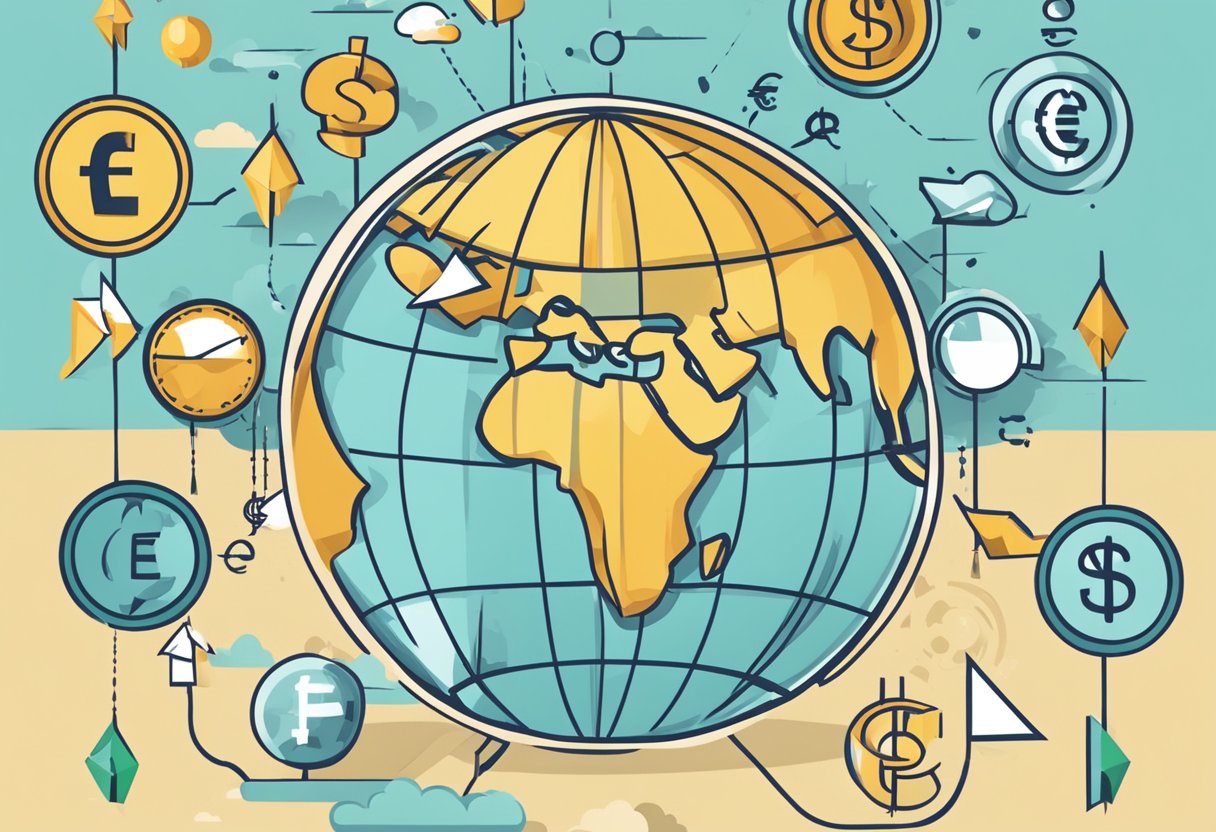
One of the primary reasons to convert currencies is for travel. When visiting a foreign country, it’s important to know how much your money is worth in the local currency so you can budget accordingly. For example, if you’re traveling from the United States to Europe, you’ll need to convert your dollars to euros. With the help of a currency converter, you can quickly and easily determine how many euros you’ll get for your dollars.
Another reason to convert currencies is for international business transactions. When buying and selling goods or services with partners in other countries, you’ll need to know the exchange rate to ensure you’re getting a fair deal. Currency fluctuations can have a significant impact on the cost of doing business, so it’s important to stay informed and up-to-date on exchange rates. With the help of online currency converters and other tools, you can easily convert currencies and stay on top of the latest exchange rates.
Understanding Currency Conversion
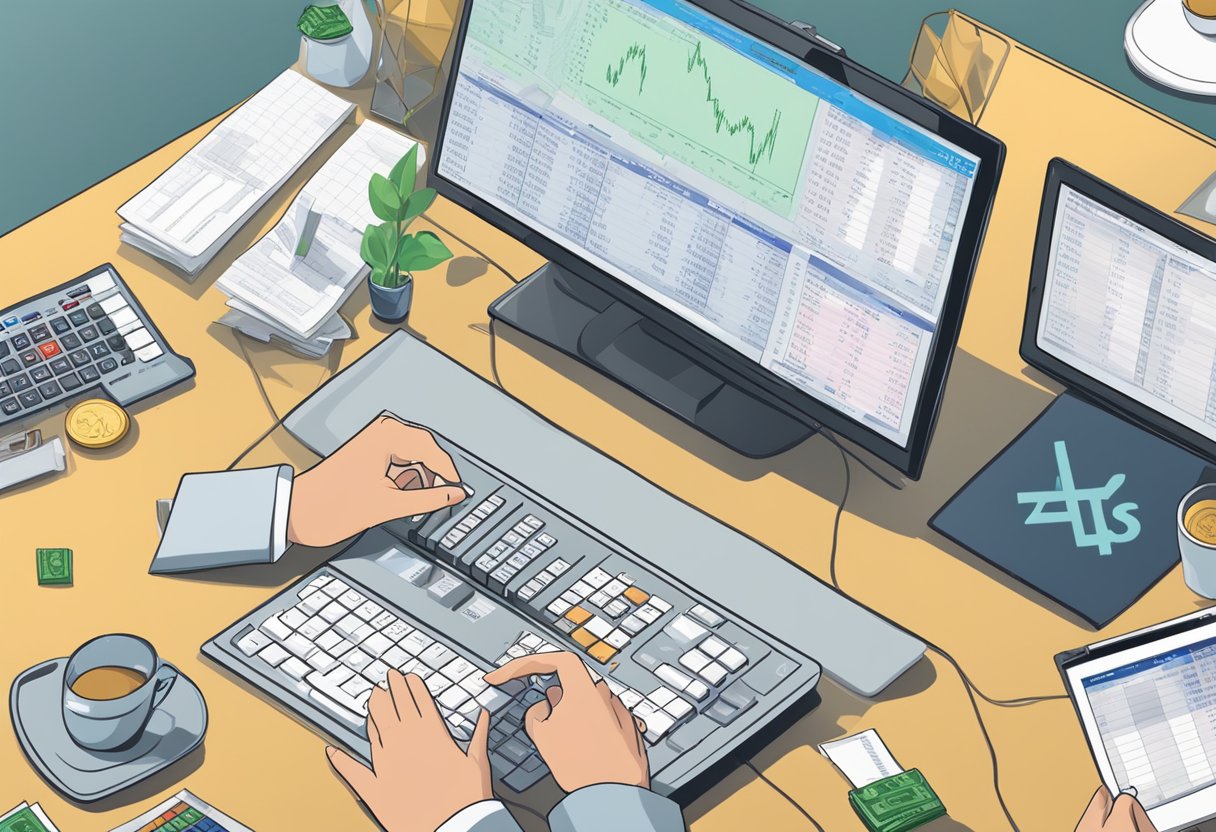
Exchange Rates Basics
Currency conversion is the process of converting one currency into another. The exchange rate is the price at which one currency can be exchanged for another. Exchange rates are determined by supply and demand in the foreign exchange market.
There are two types of exchange rates: floating and fixed. A floating exchange rate is determined by supply and demand in the foreign exchange market, while a fixed exchange rate is determined by the government.
When converting currency, it is important to understand the bid and ask prices. The bid price is the price at which a buyer is willing to purchase a currency, while the ask price is the price at which a seller is willing to sell a currency.
Currency Pairs and Market Symbols
Currency pairs are the two currencies being traded in the foreign exchange market. The first currency in the pair is the base currency, while the second currency is the quote currency. The exchange rate is the price of the quote currency in terms of the base currency.
Market symbols are used to identify currency pairs in the foreign exchange market. Each currency pair has a unique market symbol consisting of the two currency codes and a slash between them. For example, the market symbol for the euro and the US dollar is EUR/USD.
When converting currency, it is important to understand the currency pair and market symbol being used, as well as the bid and ask prices. This will ensure that the conversion is done accurately and efficiently.
Methods of Currency Conversion

Currency conversion is the process of converting one currency to another. There are several methods of currency conversion that individuals and businesses can use to convert currencies.
Manual Calculation
One of the oldest methods of currency conversion is manual calculation. This involves using a conversion rate to calculate the value of one currency in terms of another. The conversion rate is the value of one currency in terms of another currency. For example, if the conversion rate between the US dollar and the Euro is 1.10, then one Euro is worth 1.10 US dollars.
Manual calculation can be done using a calculator or by hand. However, this method is time-consuming and prone to errors, especially when dealing with large amounts of money.
Using Online Converters
Online converters are a popular method of currency conversion. These are websites that provide real-time currency exchange rates and allow users to convert currencies online. Online converters are easy to use, and they provide accurate and up-to-date exchange rates.
To use an online converter, users need to enter the amount of money they want to convert, select the currencies they want to convert, and the converter will provide the converted amount. Some popular online converters include XE, Oanda, and Yahoo Finance.
Currency Conversion Apps
Currency conversion apps are another popular method of currency conversion. These are mobile applications that allow users to convert currencies on their smartphones. Currency conversion apps are convenient and easy to use, and they provide real-time exchange rates.
To use a currency conversion app, users need to download the app, select the currencies they want to convert, and enter the amount they want to convert. The app will provide the converted amount. Some popular currency conversion apps include XE Currency, Currency Converter Plus, and Simple Currency Converter.
In conclusion, there are several methods of currency conversion available to individuals and businesses. Manual calculation, online converters, and currency conversion apps are some of the most popular methods. Each method has its advantages and disadvantages, and users should choose the method that best suits their needs.
What Determines the Value of a Nation’s Currency
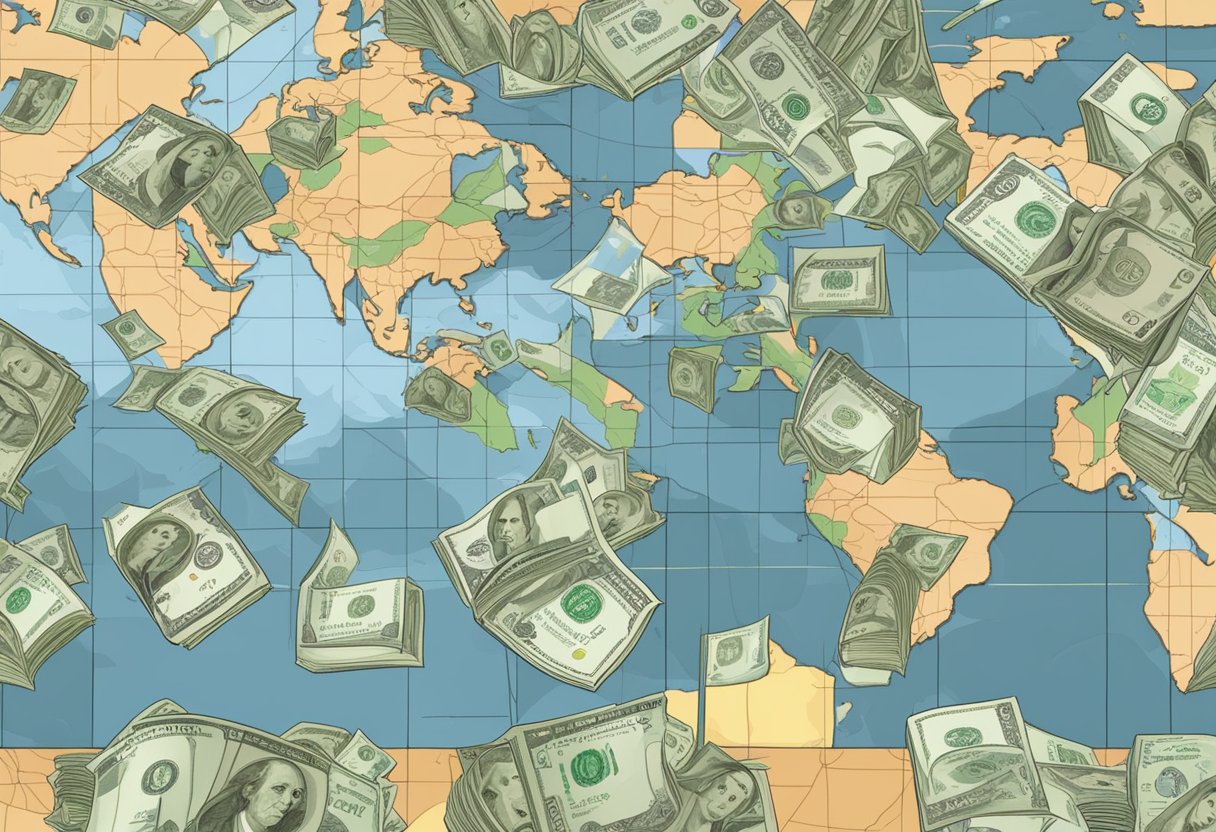
When it comes to the value of a nation’s currency, several factors come into play. Understanding these factors can help individuals and businesses make informed decisions when it comes to currency exchange and international trade.
Economic Indicators
One of the primary factors that determines the value of a nation’s currency is its economic indicators. These include factors such as inflation, unemployment rates, and gross domestic product (GDP). A nation with a strong economy and low inflation rates will generally have a stronger currency than a nation with a weaker economy and higher inflation rates.
Political Stability
Political stability is another important factor that can impact the value of a nation’s currency. Countries with stable political environments and strong institutions are typically viewed as more attractive to investors, which can drive up demand for their currency and increase its value. On the other hand, countries with political instability or high levels of corruption may be viewed as riskier investments, which can lead to a weaker currency.
Market Speculation
Market speculation can also play a role in determining the value of a nation’s currency. Traders and investors may buy or sell a currency based on their expectations for future economic or political developments. For example, if investors believe that a country’s economy is set to improve, they may buy its currency in anticipation of a future increase in value.
Overall, the value of a nation’s currency is influenced by a complex array of factors, including economic indicators, political stability, and market speculation. By understanding these factors, individuals and businesses can make more informed decisions when it comes to currency exchange and international trade.
Currency Conversion in Banking

Bank Exchange Rates
Banks offer currency exchange services to their customers, allowing them to convert one currency to another. The exchange rates offered by banks are usually based on the current market rates and may include a commission or fee. It is important to compare the exchange rates offered by different banks before making a currency conversion to ensure that you are getting the best deal.
International Wire Transfers
International wire transfers are a common way to transfer money between different countries. Banks charge a fee for wire transfers, and the exchange rate used for the conversion may be different from the market rate. It is important to understand the fees and exchange rates involved in international wire transfers before initiating a transfer.
Credit and Debit Card Conversions
Credit and debit cards are widely accepted around the world, and many banks offer currency conversion services for these transactions. When using a credit or debit card in a foreign country, the transaction amount is converted into the local currency using the exchange rate offered by the bank. It is important to understand the fees and exchange rates involved in credit and debit card conversions before using your card in a foreign country.
In conclusion, currency conversion is an important service offered by banks to their customers. It is important to understand the fees and exchange rates involved in currency conversions to ensure that you are getting the best deal. You can save money and make informed financial decisions by comparing the exchange rates offered by different banks and understanding the fees involved in international wire transfers and credit and debit card conversions.
Forex Trading

Understanding the Forex Market
The Forex market, also known as the foreign exchange market, is the largest financial market in the world. It involves the buying and selling of currencies from different countries. Forex trading is done electronically over-the-counter (OTC), which means it is not traded on a centralized exchange like the stock market.
The Forex market operates 24 hours a day, 5 days a week, and is accessible to traders all over the world. The market is highly liquid, with an average daily trading volume of over $5 trillion, which makes it an attractive market for traders looking to make profits.
Forex Trading Strategies
There are many different strategies that traders use to trade Forex. Some of the most popular Forex trading strategies include:
-
Scalping: This is a short-term trading strategy where traders aim to make small profits by taking advantage of small price movements.
-
Swing Trading: This is a medium-term trading strategy where traders aim to capture larger price movements over a few days to a few weeks.
-
Position Trading: This is a long-term trading strategy where traders hold positions for weeks to months, intending to make larger profits from major price movements.
Risks and Rewards
Forex trading can be highly rewarding, but it also comes with significant risks. Traders can make substantial profits in a short amount of time, but they can also lose money just as quickly.
Some of the risks of Forex trading include:
-
Leverage: Forex trading involves the use of leverage, which can magnify both profits and losses.
-
Volatility: The Forex market is highly volatile, with prices fluctuating rapidly and unpredictably.
-
Market Manipulation: The Forex market is susceptible to market manipulation, which can lead to sudden price movements.
Despite the risks, Forex trading can be a profitable venture for traders who are knowledgeable, disciplined, and have a solid trading strategy.
Which are the most common currencies in the world?
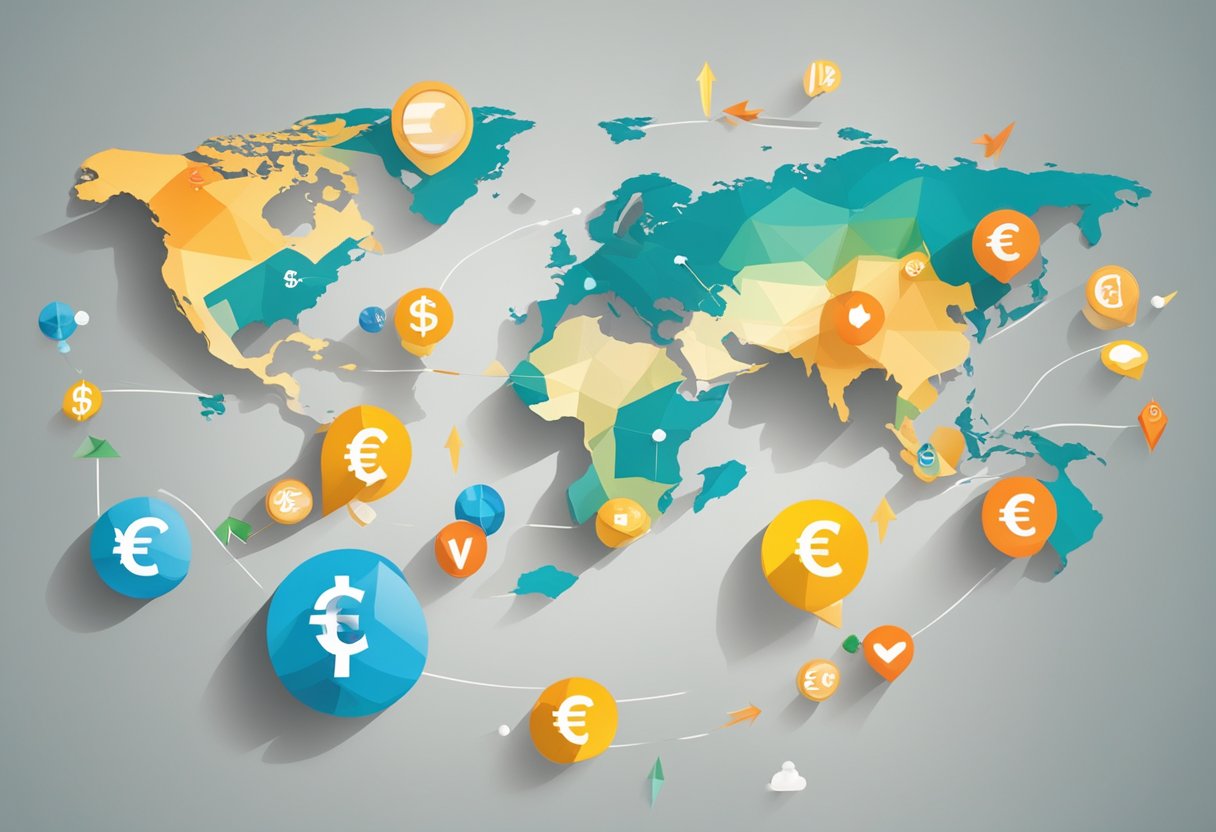
Currency is a medium of exchange that facilitates transactions between buyers and sellers. There are many currencies worldwide, but some are more common than others. Here are some of the most common currencies in the world:
United States Dollar (USD)
The United States Dollar (USD) is the most widely used currency in the world. It is the official currency of the United States and is also used as a reserve currency by many other countries. The USD is known for its stability and is widely accepted in international transactions.
Euro (EUR)
The Euro (EUR) is the official currency of the European Union and is used by 19 of the 27 EU member states. It is the second most traded currency in the world after the USD. The Euro is also used as a reserve currency by many countries.
Japanese Yen (JPY)
The Japanese Yen (JPY) is the official currency of Japan and is the third most traded currency in the world. It is also used as a reserve currency by many countries. The JPY is known for its stability and is widely accepted in international transactions.
British Pound (GBP)
The British Pound (GBP) is the official currency of the United Kingdom and is the fourth most traded currency in the world. It is also used as a reserve currency by many countries. The GBP is known for its stability and is widely accepted in international transactions.
Swiss Franc (CHF)
The Swiss Franc (CHF) is the official currency of Switzerland and is the fifth most traded currency in the world. It is also used as a reserve currency by many countries. The CHF is known for its stability and is widely accepted in international transactions.
Overall, these currencies are widely used and accepted in international transactions. However, it is important to note that many other currencies in the world are also used in international trade.
Regulations and Compliance
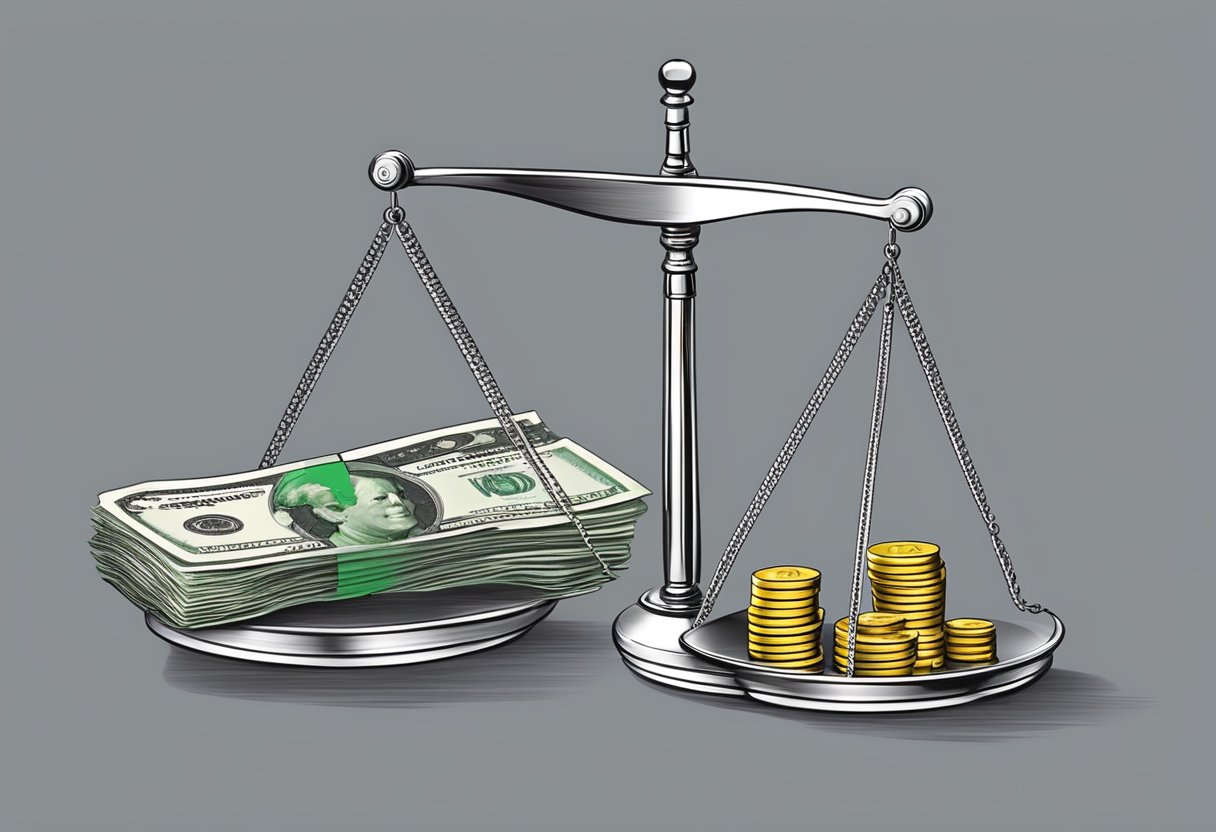
Anti-Money Laundering Laws
Currency conversion is subject to various regulations and compliance requirements, including Anti-Money Laundering (AML) laws. AML laws are designed to prevent the use of financial systems for the purpose of money laundering, terrorist financing, and other illegal activities. Currency conversion providers must comply with AML laws by implementing robust customer identification and verification procedures, monitoring transactions for suspicious activity, and reporting any suspicious activity to relevant authorities.
To comply with AML laws, currency conversion providers may require customers to provide personal information, such as name, address, and identification documents. They may also monitor transactions in real-time and use automated systems to detect suspicious activity. Currency conversion providers must also maintain records of transactions and customer information for a certain period of time.
Know Your Customer (KYC)
In addition to AML laws, currency conversion providers must comply with Know Your Customer (KYC) requirements. KYC is a process of verifying the identity of customers and assessing their risk profile to prevent fraud and other illegal activities. Currency conversion providers must implement KYC procedures to ensure that they are dealing with legitimate customers and to prevent the use of their services for illegal activities.
KYC procedures may include verifying customer identity through identification documents, conducting background checks, and assessing the risk profile of customers based on factors such as their location, transaction history, and source of funds. Currency conversion providers may also use automated systems to assess customer risk and flag suspicious activity.
Overall, regulations and compliance requirements play an important role in the currency conversion industry. Currency conversion providers must comply with AML laws and KYC requirements to ensure that their services are not used for illegal activities and to protect their customers from fraud and other risks.
Technological Advancements
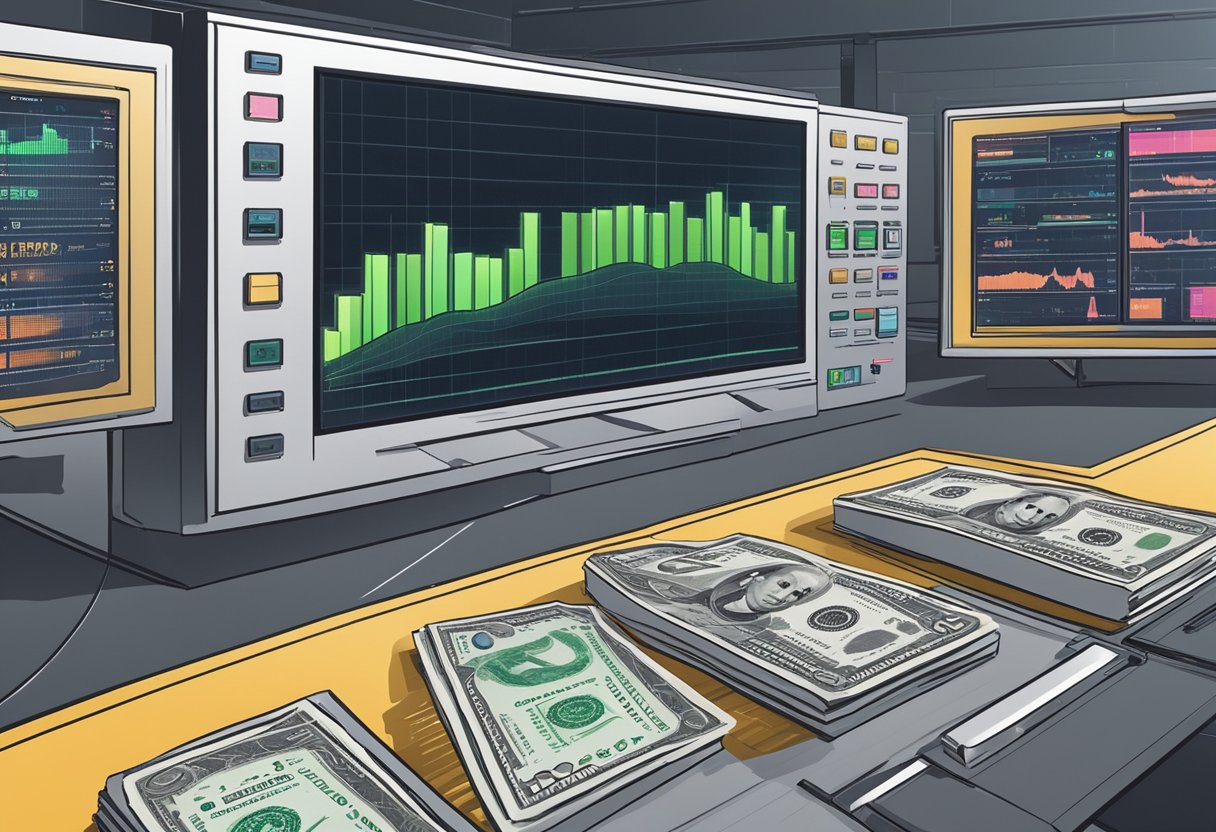
Blockchain and Cryptocurrencies
Blockchain technology has revolutionized the way people transact, and it has been a game-changer in the currency conversion industry. The decentralized nature of blockchain technology has made it possible for people to transact without the need for intermediaries, such as banks. Cryptocurrencies, which are powered by blockchain technology, have gained popularity in recent years, and they offer a new way of converting currencies.
Cryptocurrencies such as Bitcoin, Ethereum, and Litecoin operate on a peer-to-peer network, which means that transactions can be made directly between parties without the need for intermediaries. This has made it easier for people to convert currencies and has lowered the cost of transactions. Moreover, the use of blockchain technology ensures that transactions are secure, transparent, and tamper-proof.
Impact of Fintech
Financial technology (Fintech) has also had a significant impact on the currency conversion industry. Fintech companies have developed innovative solutions that have made it easier for people to convert currencies. For instance, some Fintech companies have developed mobile applications that allow people to convert currencies on the go.
Moreover, Fintech companies have developed algorithms that can predict the direction of currency exchange rates. This has made it easier for people to make informed decisions when converting currencies. Additionally, Fintech companies have developed platforms that allow people to compare exchange rates across different providers. This has increased transparency in the currency conversion industry and has made it easier for people to get the best exchange rates.
In conclusion, technological advancements have had a significant impact on the currency conversion industry. Blockchain technology and cryptocurrencies have made it easier for people to transact without intermediaries, while Fintech has developed innovative solutions that have made it easier for people to convert currencies. These advancements have increased transparency, lowered the cost of transactions, and made it easier for people to get the best exchange rates.
Travel and Currency Conversion
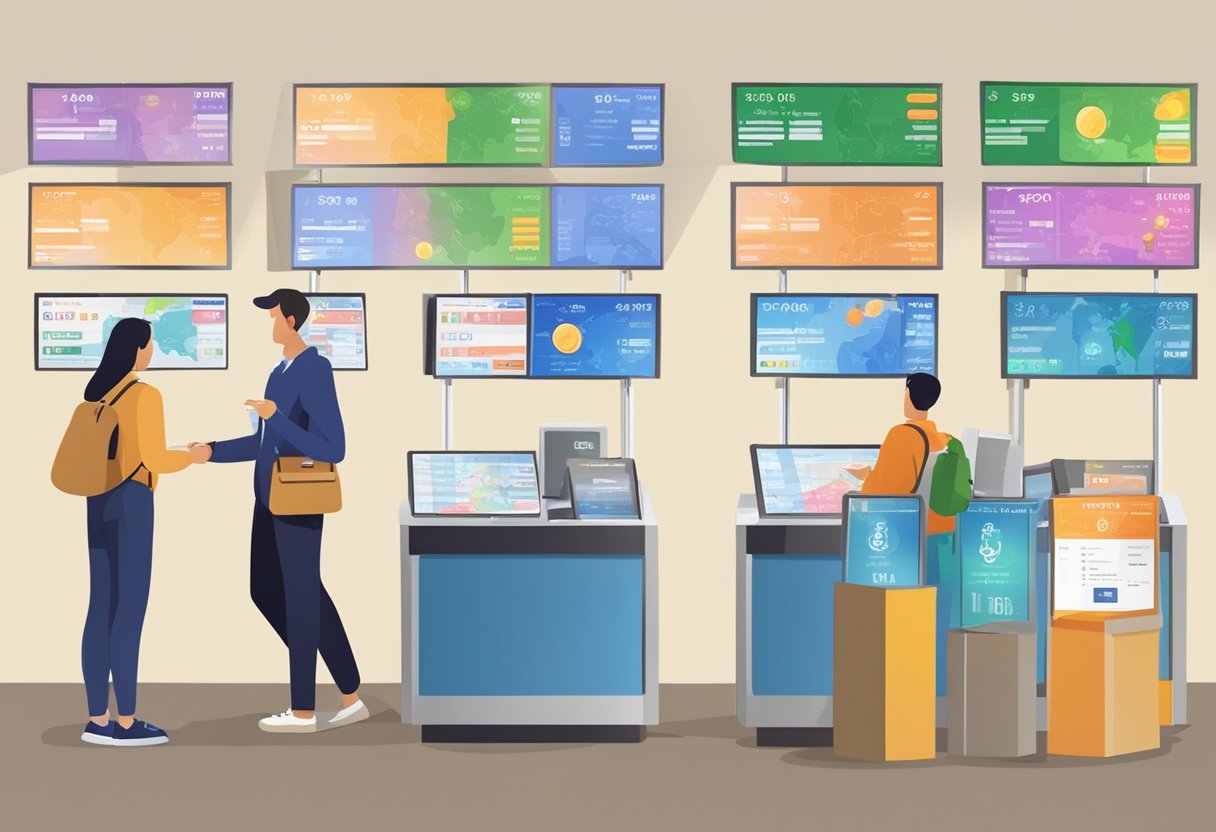
Best Practices for Travelers
Traveling to a foreign country can be exciting and challenging at the same time, especially when it comes to currency conversion. It is essential to plan in advance and consider the following best practices to ensure a smooth and stress-free trip:
- Research the currency exchange rate before the trip and keep track of any fluctuations.
- Notify your bank and credit card companies about your travel plans to avoid any issues with transactions being flagged as fraud.
- Carry a mix of cash and credit cards, but avoid carrying large amounts of cash.
- Use reputable currency exchange services and avoid exchanging money at airports or tourist areas, as they often charge higher fees.
How to Avoid Getting Tricked When Changing Currencies on Your Travel
Unfortunately, travellers can fall for many scams and tricks when exchanging currencies. To avoid getting tricked, keep in mind the following tips:
- Always count your money before leaving the exchange booth to ensure that you received the correct amount.
- Be wary of street vendors offering to exchange money, as they may give you counterfeit bills or charge high fees.
- Avoid exchanging money with strangers, as this can be a common tactic for pickpocketing.
What Are Normal Exchange Costs?
Exchange costs can vary depending on the country and the service used. However, a general rule of thumb is to expect to pay a fee of around 1-3% for exchanging money. It is essential to research and compare exchange rates and fees to ensure that you are getting the best deal.
Using ATMs Abroad
Using ATMs is a convenient way to withdraw cash while traveling. However, keep in mind the following tips to avoid any issues:
- Check with your bank about any fees for using ATMs abroad.
- Use ATMs located in reputable areas, such as banks or shopping centers.
- Be aware of any skimming devices attached to the ATM, which can steal your card information.
By following these best practices and tips, travelers can ensure a smooth and stress-free experience when it comes to currency conversion.
Historical Context

Evolution of Currency Exchange
Currency exchange has been an essential aspect of international trade since ancient times. The first currency exchange transactions were carried out by money changers in the Middle East and Mediterranean regions, who exchanged coins from different countries to facilitate trade. In medieval Europe, money changers operated from benches, or “banco,” which led to the development of the term “bank.”
In the 19th century, the gold standard was introduced, which established a fixed exchange rate between currencies based on the value of gold. This system was abandoned during World War I, and the Bretton Woods system was established in 1944, which pegged the value of the US dollar to gold and other currencies to the US dollar. The Bretton Woods system collapsed in 1971, leading to the adoption of floating exchange rates.
Historical Exchange Rate Regimes
Throughout history, various exchange rate regimes have been employed. The gold standard, as mentioned earlier, was one such regime. Another was the fixed exchange rate regime, which was used in the Bretton Woods system. In this system, exchange rates were fixed to the US dollar, which was in turn pegged to gold.
The floating exchange rate regime, which is currently the most widely used, allows exchange rates to be determined by the market forces of supply and demand. This system is more flexible than fixed or pegged exchange rate regimes, and allows for greater adjustment to economic shocks. However, it can also be more volatile, and can lead to currency speculation and destabilization.
The evolution of currency exchange has been shaped by historical events and economic developments. The current floating exchange rate regime is the result of a long history of experimentation and adaptation.
Top 10 highest currency increases in a year
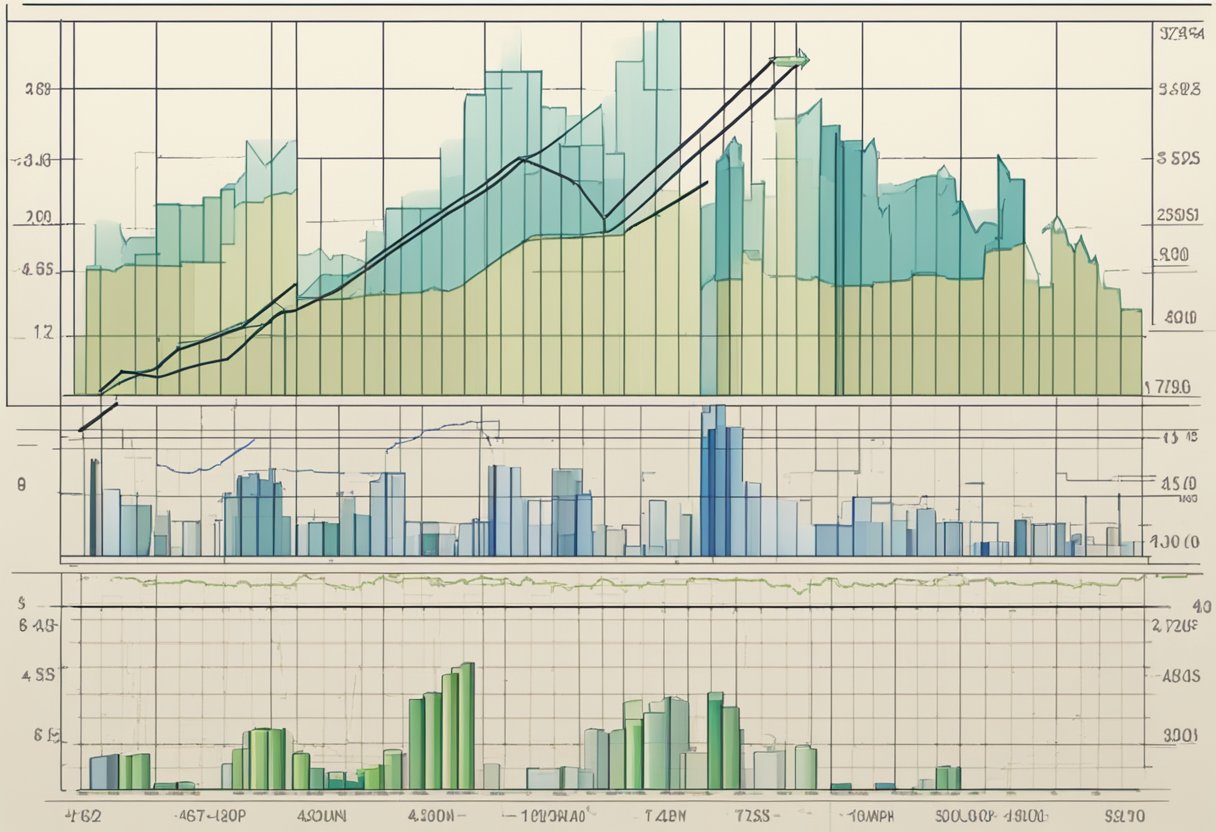
Currency values can fluctuate greatly over time, and some currencies can experience significant increases in value within a single year. Here are the top 10 highest currency increases in a year, based on data from the past year:
-
Bitcoin (BTC): Bitcoin saw a massive increase in value over the past year, with its value increasing by over 300%. This increase is largely due to increased adoption and acceptance of the cryptocurrency by businesses and investors.
-
Ethereum (ETH): Ethereum, another popular cryptocurrency, saw a similar increase in value over the past year, with its value increasing by over 200%. Like Bitcoin, Ethereum’s increase is largely due to increased adoption and investment.
-
Binance Coin (BNB): Binance Coin, a cryptocurrency used on the Binance exchange, saw an increase in value of over 150% over the past year. This increase is largely due to the popularity of the Binance exchange and increased use of the Binance Coin.
-
Dogecoin (DOGE): Dogecoin, a cryptocurrency that started as a joke, saw a massive increase in value over the past year, with its value increasing by over 100%. This increase is largely due to increased adoption and investment, as well as celebrity endorsements.
-
Cardano (ADA): Cardano, a cryptocurrency that aims to provide a more sustainable and secure blockchain, saw an increase in value of over 90% over the past year. This increase is largely due to increased adoption and investment.
-
Polkadot (DOT): Polkadot, a blockchain platform that allows for interoperability between different blockchain networks, saw an increase in value of over 80% over the past year. This increase is largely due to increased adoption and investment.
-
Chainlink (LINK): Chainlink, a decentralized oracle network that provides real-world data to blockchain applications, saw an increase in value of over 70% over the past year. This increase is largely due to increased adoption and investment.
-
Litecoin (LTC): Litecoin, a cryptocurrency that was created as a “lite” version of Bitcoin, saw an increase in value of over 60% over the past year. This increase is largely due to increased adoption and investment.
-
XRP (XRP): XRP, a cryptocurrency used by the Ripple payment network, saw an increase in value of over 50% over the past year. This increase is largely due to increased adoption and investment.
-
Bitcoin Cash (BCH): Bitcoin Cash, a cryptocurrency that was created as a fork of Bitcoin, saw an increase in value of over 40% over the past year. This increase is largely due to increased adoption and investment.
Top 10 highest currency decreases in a year
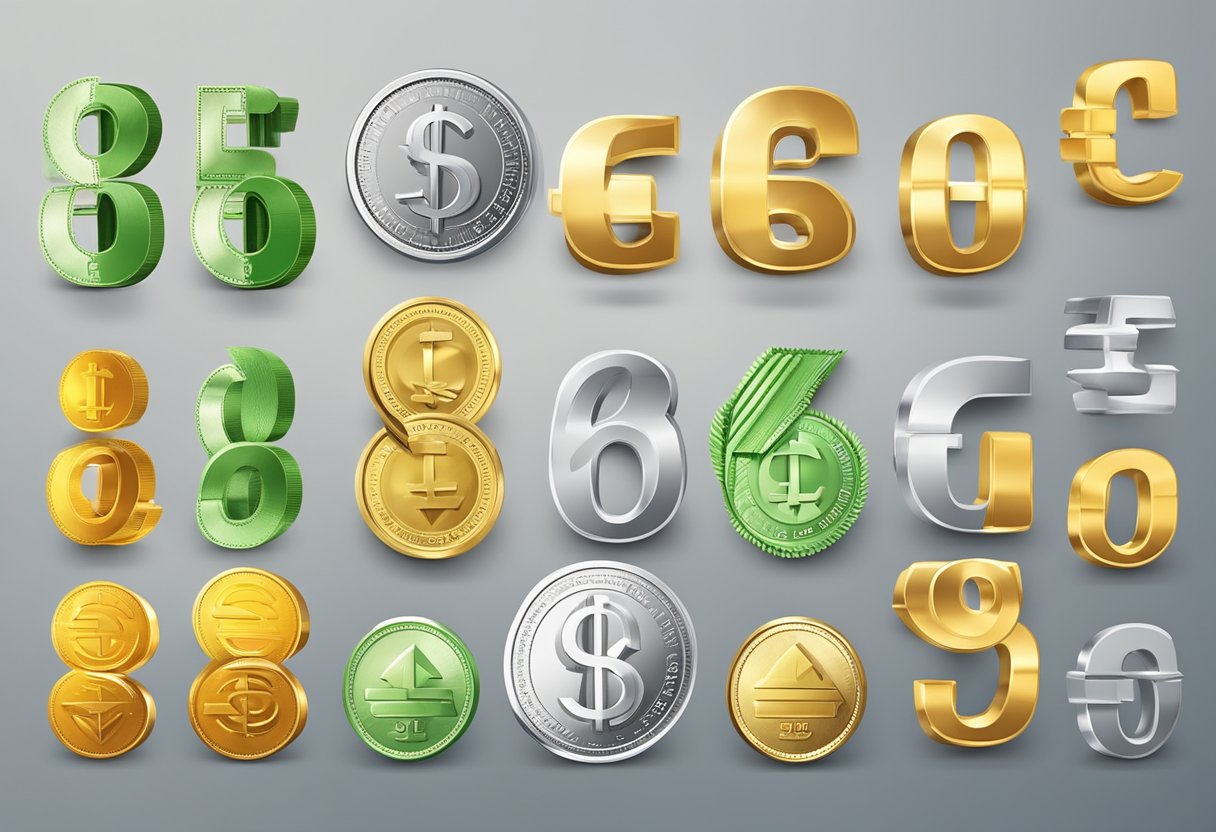
In the world of foreign exchange, currency values can fluctuate rapidly due to various economic and political factors. In this section, we will take a look at the top 10 highest currency decreases in a year.
-
Venezuelan Bolívar – The Venezuelan Bolívar has experienced a significant decrease in value, dropping by over 99% in a year due to hyperinflation and economic instability.
-
Zimbabwean Dollar – The Zimbabwean Dollar has also experienced a massive decrease in value, dropping by over 85% in a year due to economic instability and political turmoil.
-
Sudanese Pound – The Sudanese Pound has also seen a significant decrease in value, dropping by over 80% in a year due to economic sanctions and political instability.
-
Iranian Rial – The Iranian Rial has experienced a decrease in value, dropping by over 60% in a year due to economic sanctions and political tensions.
-
Argentine Peso – The Argentine Peso has also experienced a decrease in value, dropping by over 50% in a year due to high inflation and economic instability.
-
Turkish Lira – The Turkish Lira has seen a decrease in value, dropping by over 30% in a year due to political tensions and economic instability.
-
Russian Ruble – The Russian Ruble has also experienced a decrease in value, dropping by over 20% in a year due to economic sanctions and low oil prices.
-
South African Rand – The South African Rand has seen a decrease in value, dropping by over 15% in a year due to economic instability and political uncertainty.
-
Brazilian Real – The Brazilian Real has also experienced a decrease in value, dropping by over 10% in a year due to political turmoil and economic uncertainty.
-
Mexican Peso – The Mexican Peso has seen a slight decrease in value, dropping by over 5% in a year due to economic uncertainty and political tensions.
It is important to note that currency values can be affected by various factors, and these decreases in value may not necessarily indicate a long-term trend.
List of Currencies and their Abbreviations

When converting currencies, it is important to know the abbreviations for each currency. Here is a list of commonly traded currencies and their abbreviations:
- USD: United States Dollar
- EUR: Euro
- JPY: Japanese Yen
- GBP: British Pound Sterling
- CAD: Canadian Dollar
- AUD: Australian Dollar
- CHF: Swiss Franc
- CNY: Chinese Yuan Renminbi
- HKD: Hong Kong Dollar
- NZD: New Zealand Dollar
These currencies are traded on the foreign exchange market and are often used in international transactions. It is important to note that currency abbreviations are standardized and used globally to avoid confusion.
When converting currencies, it is also important to understand the exchange rate between the two currencies. The exchange rate is the value of one currency in relation to another. It is constantly fluctuating due to market forces such as supply and demand.
The online currency converter app is located at the top of this article about exchanging currencies.

